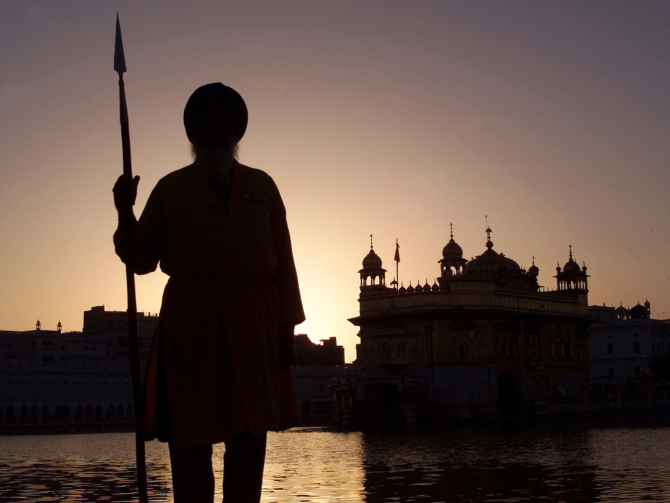
Thirty years ago almost to the day, an event in Punjab shook India to its very foundations. Called Operation Bluestar, it was a military exercise to flush out terrorists from the Golden Temple, the holiest of holy Sikh shrines in Amritsar, Punjab.
The operation was carried out by the Indian Army inside the Temple compound, resulting in nearly 500 civilian deaths, though independent estimates put the toll much higher.
The Operation would snowball into events much larger and bloodier.
Click NEXT to read how it all began...
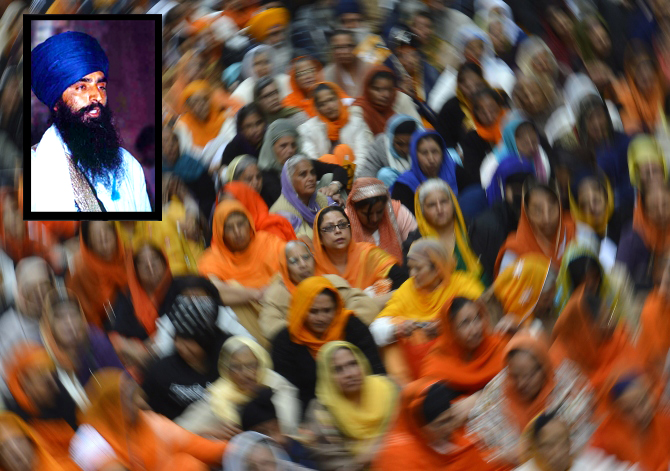
Sikh extremists seeking to carve out an independent country had been slowly taking control of Punjab since 1982, and the ineffective Punjab police was helpless and simply not up to the task.
The bloody movement was led by Jarnail Singh Bhindranwale, a preacher-turned-separatist who had moved into the Akal Takht inside the Golden Temple complex with approximately 600 of his armed followers after being expelled from one of the guest houses there.
It is from here that he openly spoke against the government and defied the Indian State. This also helped him further his popularity as a powerful leader in Sikh communities and political circles.
The police dared not enter the Temple premises for fear of outraging the sentiments of Sikhs.
Click NEXT to read how the situation deteriorated...
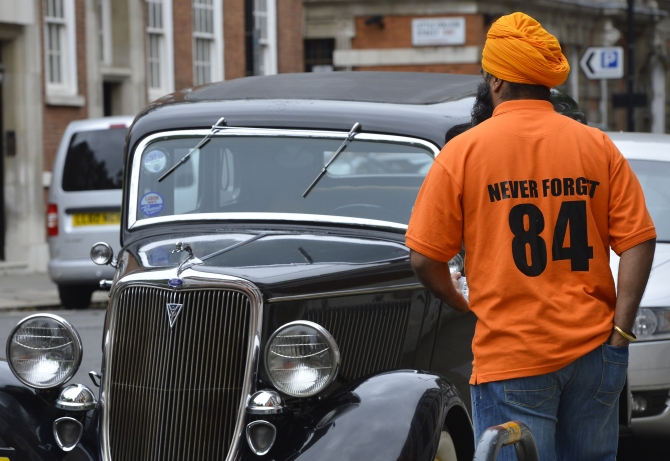
By 1983, the situation in Punjab had become very volatile, with Hindus being killed regularly.
As the attacks intensified, the central government dismissed its own Congress-run Punjab government, declared a state of emergency and imposed President’s rule.
By then, the Akal Takht had become a fort of sorts for the separatists. Rumours abounded that they were amassing a large cache of arms in the complex.
On April 23, 1983, deputy inspector general of police of Jalandhar district, A S Atwal, was shot dead by terrorists as he was coming out of the Golden Temple compound.
Fingers were immediately pointed at Bhindranwale, and he was also accused of preparing to lead an armed uprising.
Click NEXT to read how the government reacted...
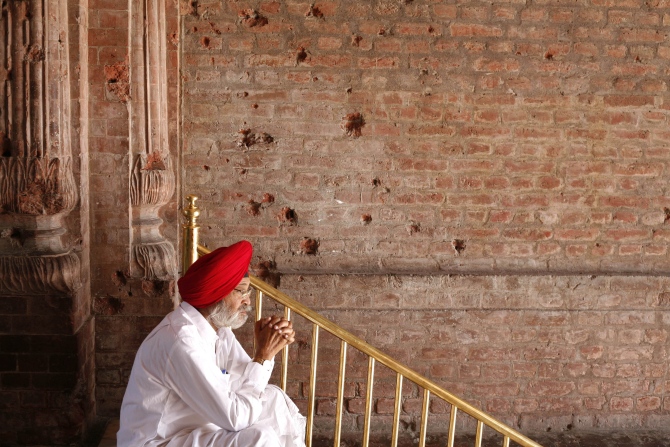
With the situation rapidly deteriorating, the then Prime Minister Indira Gandhi ordered the Indian Army to take decisive action against the terrorists who were armed and aided by Pakistan.
The army launched its controversial operation ever, under the command of Major General Kuldip Singh Brar (who later retired as lieutenant general).
On June 1, 1984, troops of the Central Reserve Police Force and the Border Security Force started firing upon the complex, killing eight people.
International borders were already being sealed from Ganga Nagar to Kashmir with nearly 70,000 army troops stationed in Punjab alone. Complete curfew was imposed in the whole of Punjab on June 3.
The operation would last 10 days.
Click NEXT to read the aftermath...
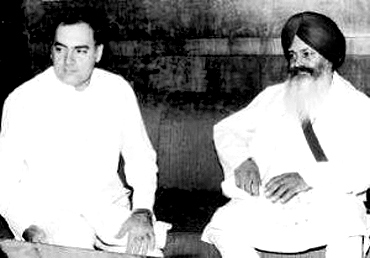
The army operation used tanks, artillery, helicopters and armoured vehicles inside the Golden Temple complex to flush out the terrorists holed up inside, fighting a pitched battle before clearing the temple.
Operation Bluestar had its fallout elsewhere, too. Angered by it, many Sikh soldiers deserted the army.
Author Khushwant Singhn returned his Padma Bhushan, while former Punjab chief minister Amrinder Singh resigned from the Congress.
And, finally, on October 31 that year, Prime Minister Indira Gandhi was shot dead by her Sikh bodyguards for ordering the army into the Golden Temple, numbing the nation. Her son Rajiv Gandhi succeeded her as prime minister, and one of the first things he did was to sign an accord with the moderate faction of the Akalis led by Sant Longowal. The Rajiv-Longowal accord would go a long way in restoring normalcy to a prosperous yet troubled countryside.